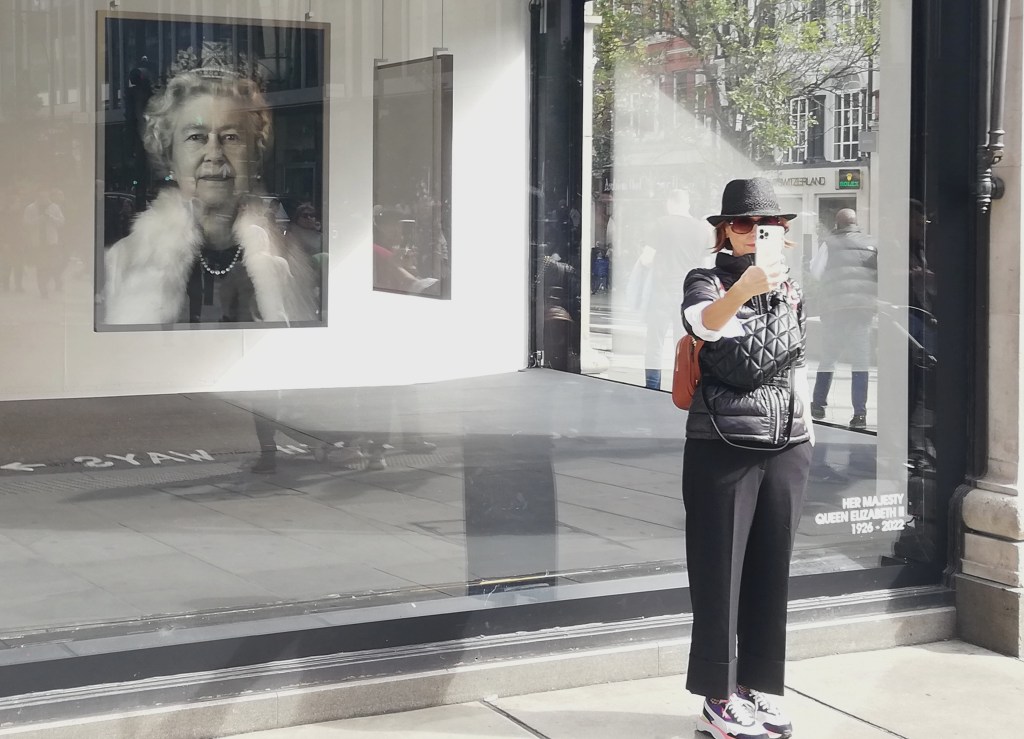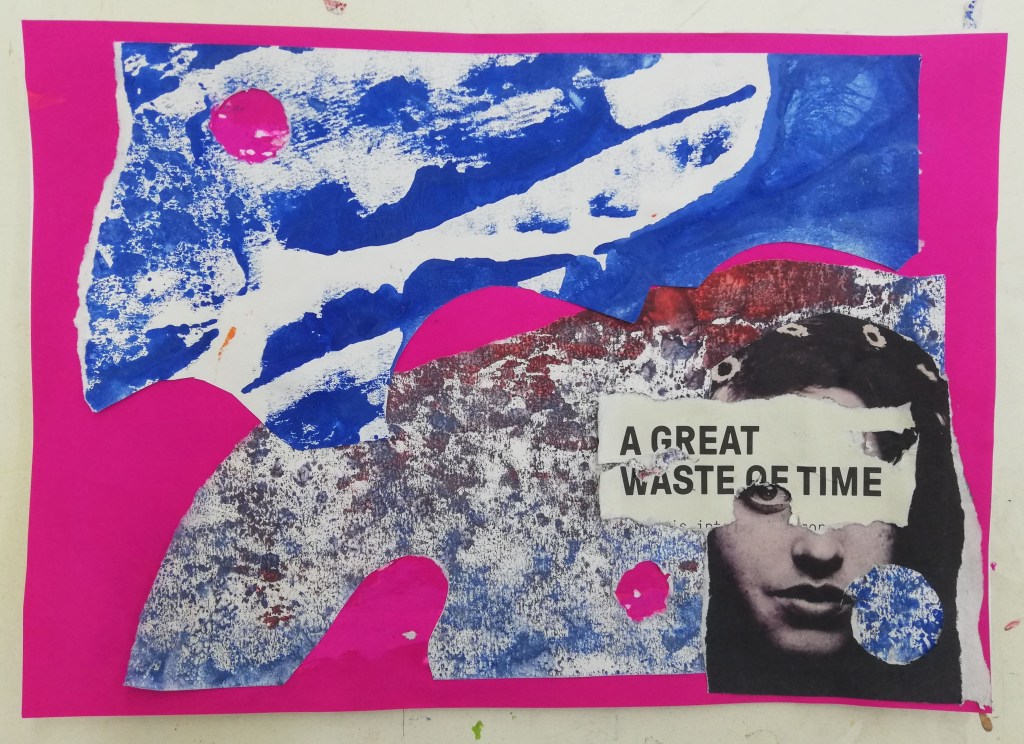Human beings, on the whole, want to help each other. But why? And why does it sometimes fail, or not materialise, or make things worse? Why does it sometimes benefit the helper more than whoever they’re supposed to be helping?
I’ve been thinking and writing about this a lot, so I’ve created a new space to develop it further.

At howcanwehelp.blog, I’m looking into what we can learn from the diverse fields of psychology, philanthropy, development aid, activism, community, volunteering, and others, about how to help better.
It draws on my own experience as a journalist covering international aid and social enterprise, as a student of philanthropy, and as a writer/editor helping charities to communicate their work, as well as time spent volunteering, training and mentoring. And of course, as a human who has often failed to ask for help when it was needed, and failed to give help when it was needed.
I’d love to hear your feedback or suggestions of what to explore next – hope to see you there.




